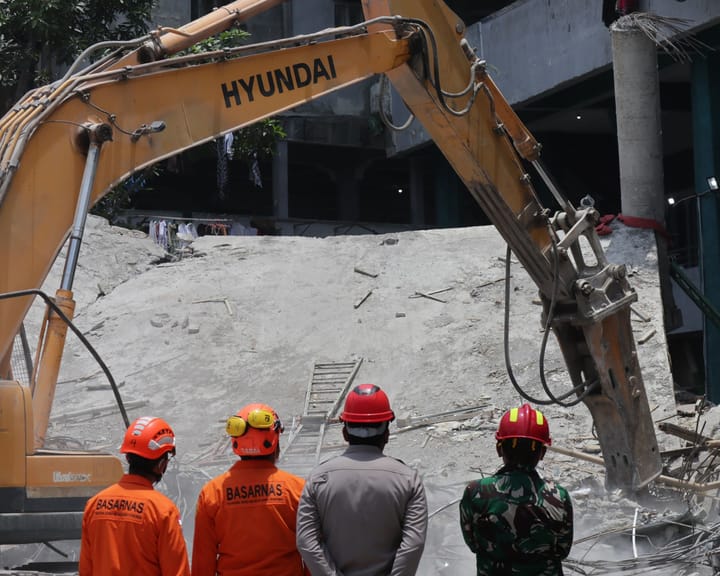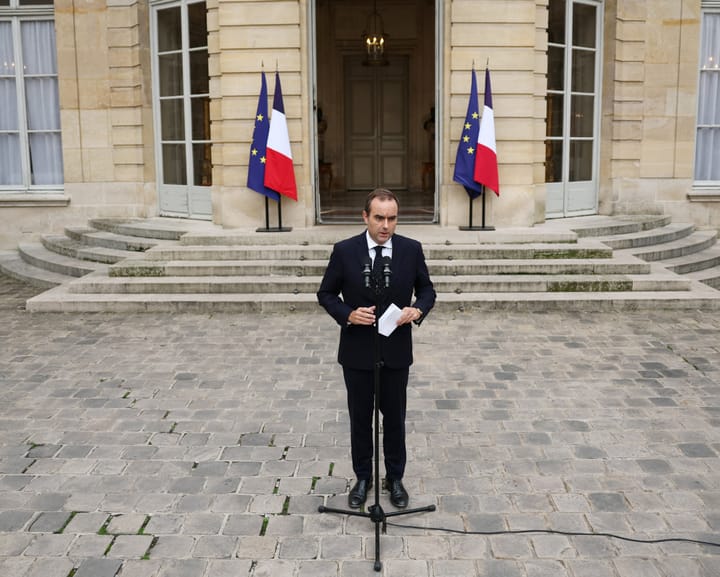Israelis and Palestinians Mark Ceasefire as Deal Takes Shape
On Thursday evening, Israelis and Palestinians observed a significant development as Hamas and Israel’s government moved forward with a ceasefire agreement aimed at halting a violent two-year conflict that has claimed tens of thousands of lives, disrupted regional stability, and sparked global demonstrations.
In Gaza, reactions were mixed. While some gathered in celebration, many voiced concerns over whether the agreement would last, fearing further hardship in the already ravaged area. Despite scattered gatherings with singing and dancing, witnesses in other locations reported subdued reactions, with the sounds of aircraft overhead adding tension.
In Israel, a day filled with rapid and occasionally chaotic events saw hospitals preparing for the return of captives held by Hamas, the government finalizing the ceasefire terms, and large crowds in Tel Aviv expressing relief.
Late Thursday, an official statement from the Israeli government confirmed the approval of a plan “for the return of all captives—those alive and those who have died.”
Indirect talks between Hamas and Israel, held in Egypt’s Sharm el-Sheikh, gained urgency last week following an international push for de-escalation. A foreign leader indicated plans to attend the agreement’s signing in Egypt, while Israeli officials suggested a visit could occur on Sunday.
The same leader stated that approximately 48 hostages held by Hamas—fewer than half believed to be alive—would be freed early next week, declaring that the agreement marked “the end of hostilities in Gaza.”
Additionally, reports confirmed that a foreign contingent of around 200 personnel would arrive in Israel to assist with the ceasefire process.
Global figures quickly praised the progress, though key elements of the broader diplomatic efforts remain under discussion, with no full endorsement from either Hamas or Israel.
Details regarding the initial phase of the deal remained unclear, mirroring broader uncertainties about its implementation. Israel’s prime minister’s office stated that the ceasefire would begin upon government approval, while another spokesperson suggested it would take effect within 24 hours of a cabinet decision, with living captives released within 72 hours afterward.
An Israeli official noted that the country’s military would reposition to a specified line in Gaza, maintaining control over 53% of the territory. In return, Israel is expected to release around 2,000 Palestinian detainees, though a prominent figure from a rival faction would remain in custody.
Read next

"Indonesia school collapse: rescue efforts conclude with 67 fatalities"
Search Ends After Indonesian School Collapse Leaves Dozens Dead
Indonesian rescuers concluded their search on Tuesday for victims trapped beneath the rubble of a collapsed Islamic boarding school in East Java, after recovering more than 60 bodies, authorities confirmed.
The tragedy in the town of Sidoarjo struck last week when

"French PM makes last-ditch effort to save government as crisis deepens – Europe updates"
France's Political Standoff Continues as Prime Minister Seeks Cross-Party Support
France remains at a political stalemate as the outgoing prime minister, Sébastien Lecornu, makes a final attempt to gather support from rival parties for a new government.
President Emmanuel Macron assigned Lecornu, 39, to form a government in

"Macron calls emergency talks with parties to swiftly pick new PM"
Emmanuel Macron has called upon the leaders of several political factions to his office, urging them to demonstrate "collective responsibility" as he seeks to appoint a new prime minister amid growing political turmoil.
All parties except Marine Le Pen’s far-right National Rally, the largest opposition group, and

